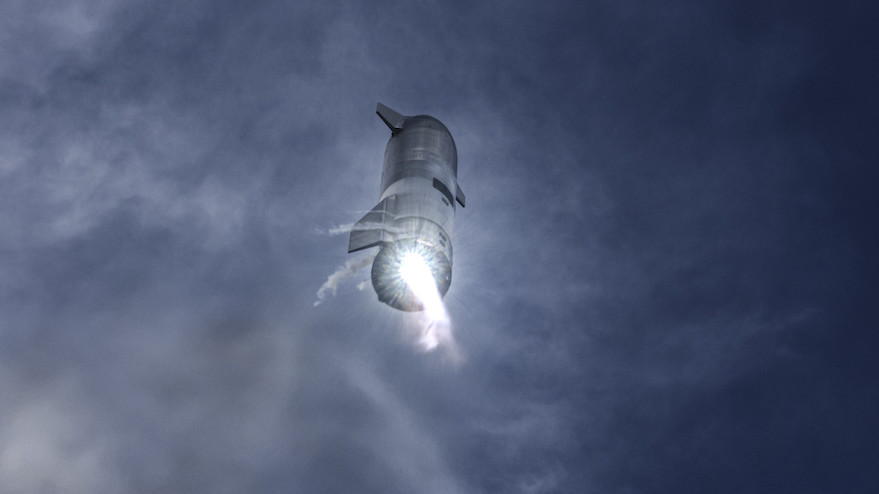Products You May Like
TAMPA, Fla. — Private investors deployed another $1.9 billion in SpaceX, OneWeb and other space infrastructure companies in the first three months of 2021, according to data from New York-based Space Capital.
The company, which invests in early-stage ventures in addition to providing market intelligence, includes rocket and satellite builders in how it defines space infrastructure.
U.S.-based SpaceX led the segment in the first quarter of 2021 by raising $850 million Feb. 23, supporting investments in its Starlink satellite broadband constellation and reusable launch vehicle Starship. The company later added more than $300 million to that investment round in April.
U.K.-headquartered OneWeb said Jan. 15 it had raised $400 million to continue building and deploying its broadband satellite constellation.
About $1.1 billion was invested in launch companies overall in the first quarter of 2021, according to Space Capital, bringing the total to $19.9 billion over the past decade. Satellite companies raised $0.9 billion in the first quarter of 2021, increasing the amount to $11.4 billion in the 10 years.
Space Capital has two other segments in how it tracks the growing space economy: Space-dependent application companies, such as ride-hailing service Uber, and the terrestrial-based distribution technologies connecting to satellites, encompassing antenna businesses including Isotropic Systems.
Underpinning much of the growth in the space economy is the rising demand for data worldwide, ranging from connectivity services to observation, monitoring and analysis.
Overall, Space Capital said investors poured $4.5 billion into the space companies it tracks in the first three months of 2021, raising the total to $186.7 billion over the past 10 years.
That makes it the fourth consecutive quarter of declining investment after it recorded $5.5 billion in the second quarter of 2020.
However, Space Capital said in its report published April 14 that a trend toward larger late-stage deals continued into 2021.
The top 10 funding rounds it tracked in the three months to the end of March accounted for 77% of the total investment in the quarter.
“At the early-stage, we’re seeing larger deal sizes at higher valuations and looser terms as [venture capital firms] push to deploy the historical amounts of capital they raised in 2020,” Space Capital managing partner Chad Anderson wrote in the report.
He said 2021 is off to “a frenzied start” as investors look to sell their equity in space companies for a profit, amid a surging appetite for deals in the market.
The soaring popularity of special-purpose acquisition companies (SPACs), which fast-track investor exits through stock markets, is helping to drive this trend.
Redwire, which has become a significant supplier for the space industry after several acquisitions, became the latest company in the sector to announce a SPAC merger March 25.
“It’s worth noting that while space SPACs have received a lot of attention, they represent just 6% of the total $54B pending SPAC mergers announced YTD,” Anderson wrote.
“We welcome the access to additional capital that SPACs offer for Infrastructure companies, but are cautious that valuations and growth targets may be out of reach for companies that don’t have a defensible data angle.”
